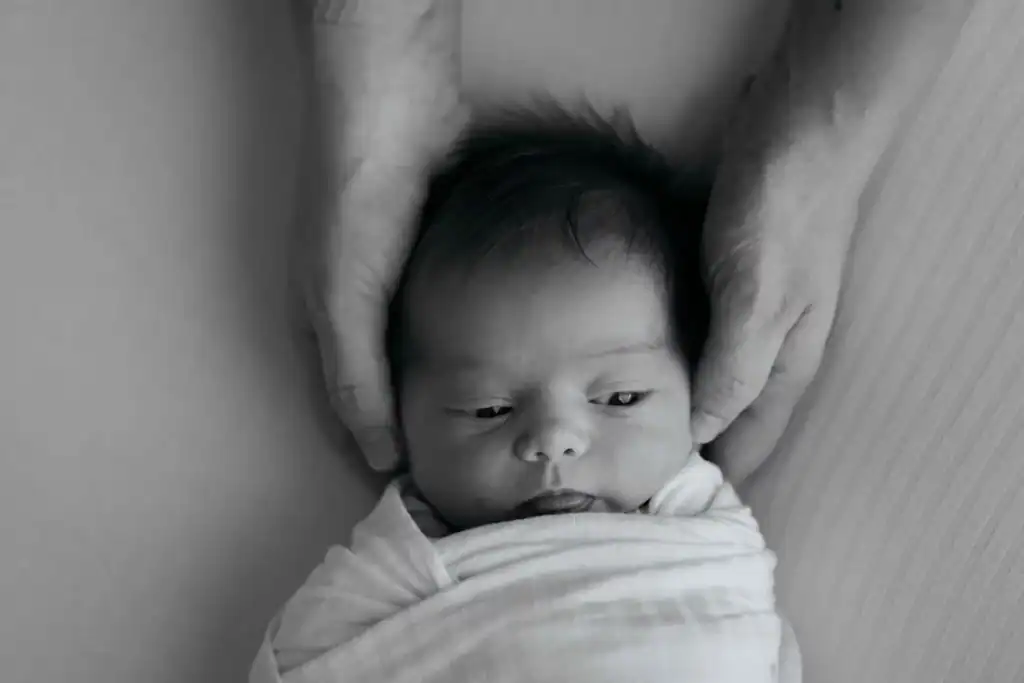Sleep Like a Baby: Real Talk on Infant Sleep Routines That Actually Work
Every parent dreams of a full night’s sleep, but newborns didn’t get the memo about “sleeping like a baby.” The truth is, infant sleep is messy, unpredictable, and nothing like the fairy tales suggest. But with realistic expectations and proven strategies, you can create routines that work for your family—not against it.
Start with Realistic Expectations

Newborns sleep 14-17 hours daily but in 2-4 hour chunks. They don’t distinguish day from night initially. Accept that fragmented sleep is normal for the first few months. This isn’t failure—it’s biology. Your baby’s sleep patterns will gradually mature as their circadian rhythm develops around 3-4 months.
Create a Consistent Bedtime Routine

Establish a simple, repeatable sequence: bath, feeding, gentle music, or reading. Keep it short (20-30 minutes) and calming. Consistency signals to your baby that sleep time is approaching. Start this routine early, even if your newborn seems too young to “get it.” Repetition builds familiarity and comfort.
Master the Art of Swaddling

Proper swaddling mimics the womb’s snug environment, reducing the startle reflex that wakes babies. Keep arms secure but hips loose. Use breathable fabrics and stop swaddling once your baby shows signs of rolling. A well-swaddled baby often sleeps longer stretches, giving everyone more rest during those crucial early weeks.
Learn Your Baby’s Sleep Cues

Watch for early tired signs: yawning, rubbing eyes, fussiness, or staring off. Once you miss this window, overtired babies become harder to settle. Act quickly when you spot these cues. An overtired baby produces stress hormones that make falling asleep more difficult, creating a frustrating cycle for parents.
Distinguish Between Sleep Sounds and Waking

Babies make noise while sleeping—grunting, sighing, even brief cries. Don’t rush in immediately. Give them a few minutes to settle back down naturally. Many babies work through light sleep phases independently. Intervening too quickly can actually wake a baby who would have stayed asleep otherwise.
Use White Noise Strategically

Consistent background sound helps mask household noises and provides comfort. The womb was noisy—silence isn’t natural for babies. Keep volume at conversation level and position the machine away from the crib. White noise can become a powerful sleep association that signals rest time throughout infancy and beyond.
Consider Room Sharing, Not Bed Sharing

The American Academy of Pediatrics recommends room sharing for at least six months. Keep baby’s sleep surface separate but nearby for easier nighttime feeding and monitoring. This arrangement reduces SIDS risk while maintaining convenient access. A bedside bassinet or co-sleeper can make nighttime parenting more manageable.
Embrace Daytime Light Exposure

Natural light helps establish circadian rhythms. Take your baby outside or near bright windows during daytime hours. Keep nighttime interactions dim and quiet. This light exposure distinction helps your baby learn the difference between day and night, gradually encouraging longer nighttime sleep stretches as they mature.
Try the “Pause” Before Responding

When your baby cries at night, wait 2-3 minutes before responding (unless it’s clearly a hunger cry). Sometimes babies cry briefly during sleep transitions and settle back down independently. This gentle approach teaches self-soothing skills while ensuring you respond when truly needed for comfort or feeding.
Accept That Regression is Normal

Sleep regressions around 4 months, 8-10 months, and 18 months are developmental leaps, not setbacks. Your baby’s brain is growing rapidly, temporarily disrupting sleep patterns. Maintain routines but adjust expectations during these phases. Most regressions last 2-4 weeks before sleep patterns stabilize again with newfound developmental skills.





